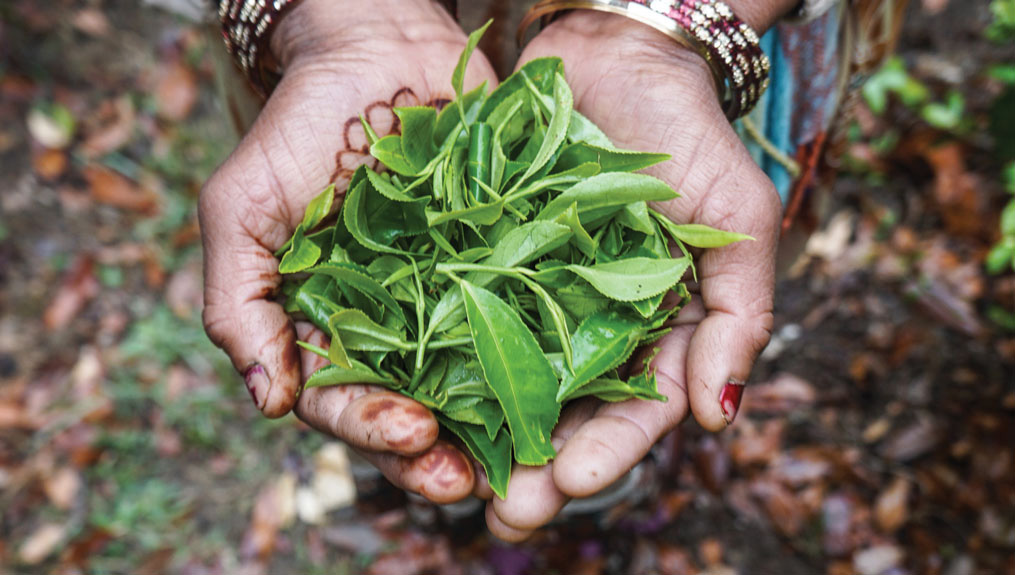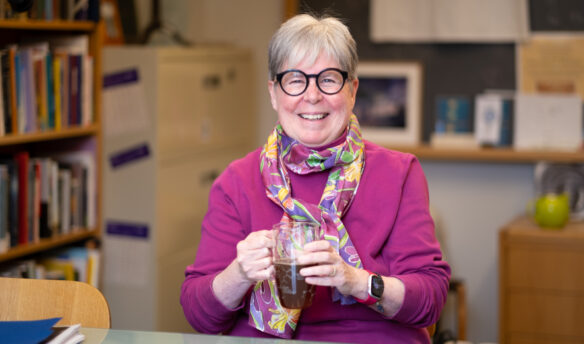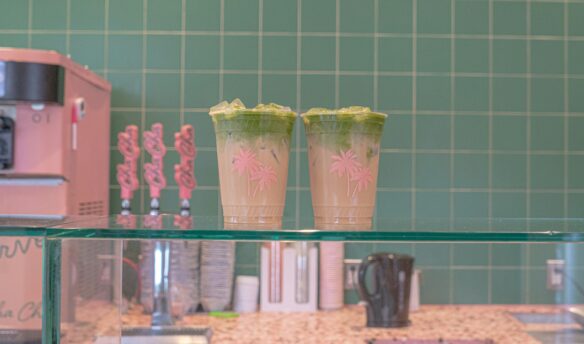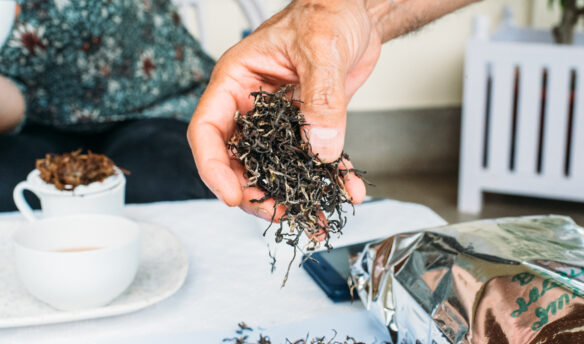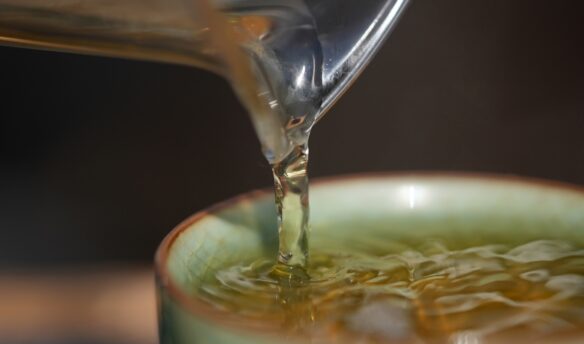
[F]or the first time in its 200-year history, an Assam tea estate is being led by a bada madam, or women boss. Manju Baruah began working for Apeejay Tea in 2000 as a trainee welfare officer, and has continued working for the company ever since. Baruah was appointed to the role of manager of the Hilika Tea Estate in the Tinsukia district in August of this year. As reported by The Telegraph, Baruah will now oversee the garden’s 2,500 employees, including male and female workers. In an interview with the publication, Baruah shares her strategy for navigating difficult situations with male workers: “If I am fair, right and just to my workers, I need not be afraid.” She also credits a balanced focus on physical and mental strength for her success as a manager, “a good observer, bold and unbiased. Being mentally and physically active is also important to remain at the top.”



